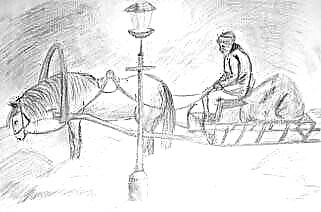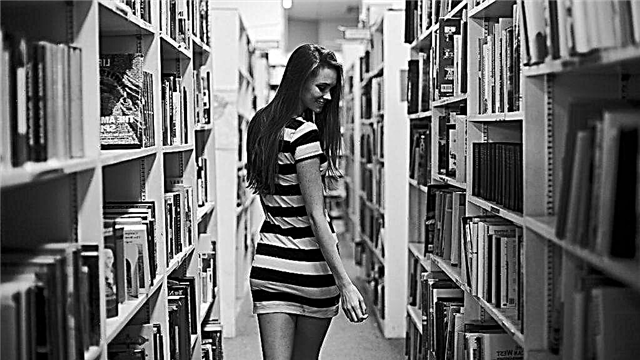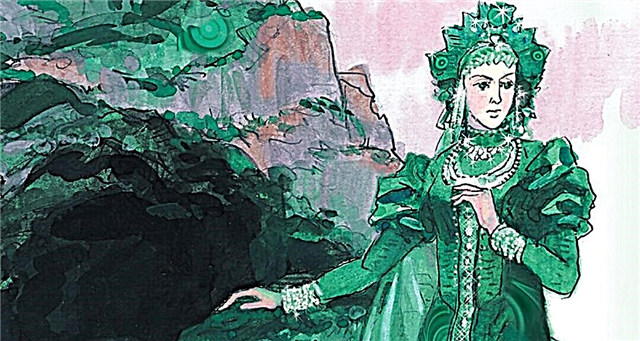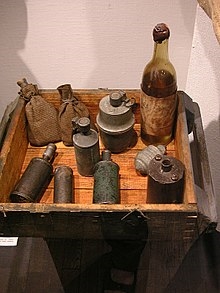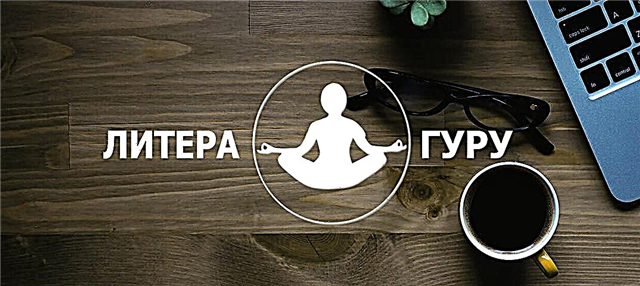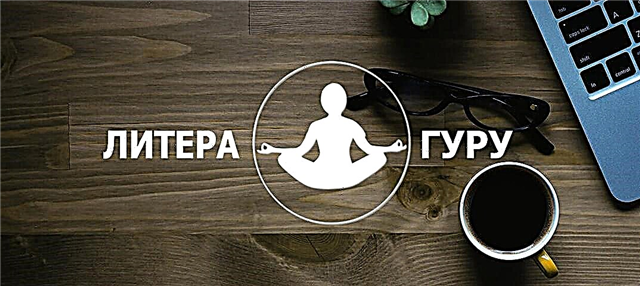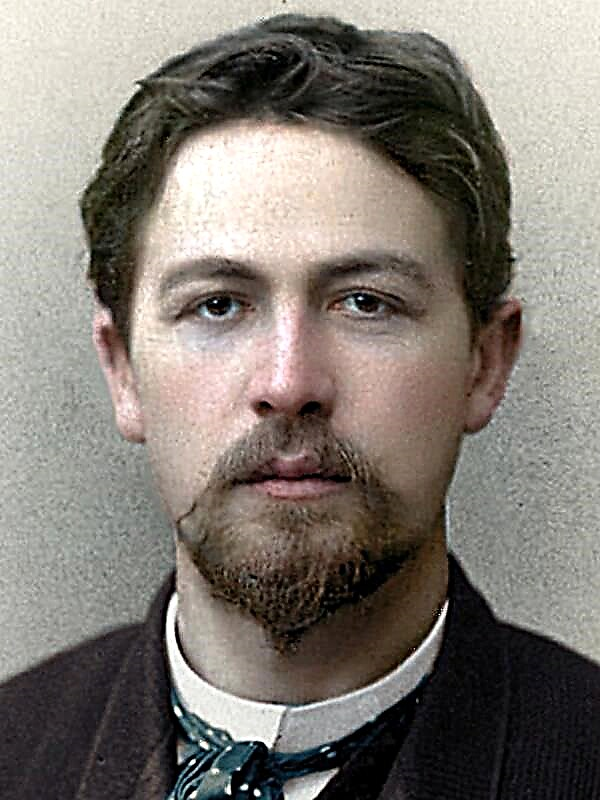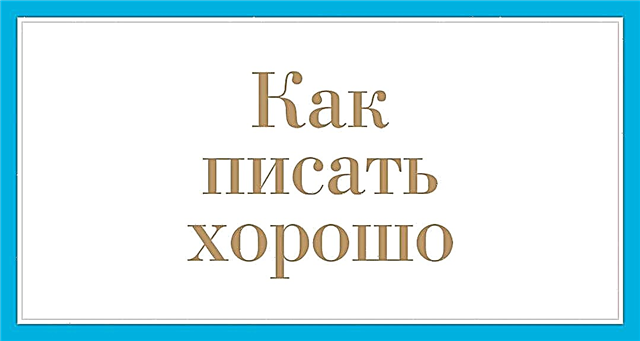After reading dozens of texts to prepare for the exam in the Russian language, we found many problems that are repeated quite often. This collection deals with the profession and vocation of a person - issues that are especially important for young people. For each of them we have selected relevant arguments from the literature.
Choosing the right profession
- The importance of choosing a suitable profession has shown Y. German in the novel “The Work You Serve”. Vladimir Ustimenko became a doctor, because for him this is a vocation. That is why he tried to study well (and not because of his honors and increased scholarships), went to distant places and to the front, where no rewards could be received, but people needed help. For the sake of others, Ustimenko forgot about himself, because for him the profession of a doctor is an endless ministry. It is precisely such people who move their field of activity forward, although sometimes they are condemned by those who do not serve the cause, but serve for their own interests (like Zhenya Stepanov, a classmate of Vladimir).
- Sanya Grigoryev from V. Kaverin’s novel “Two Captains” From childhood, he dreamed of becoming a pilot, but his life path was extremely difficult: he lost his parents, was a homeless child, and studied at a commune school. It was difficult to get to a flight school from such an institution, but Sanya worked hard: he trained health, read about polar expeditions (Grigoryev wanted to work in this area) and studied the structure of the aircraft. During preparation, the hero not only was able to achieve the goal, but also found an expedition that disappeared many years ago.
The influence of the profession on a person
- Dmitry Startsev, the hero of the story A.P. Chekhov "Ionych", the routine sucks in, medical practice becomes a heavy duty for him, and the hero sees the patients, not the suffering people, but the next clients. Professional deformation and coarsening is a frequent occurrence among doctors, because few people are able to forget their lives to help others, but compassion is not enough for everyone. With a light hand A.P. Chekhov's name “Ionych” became a household name, meaning a numbed, morally motionless person who does not care about anything other than personal peace.
- Master from the novel M.A. Bulgakova "The Master and Margarita", lived most of his life not as he wanted. And the work was unloved, and the life partner was random. And when the Master had the opportunity to leave the hateful place of work and do what he liked, he wrote a brilliant novel and met his beloved woman - Margarita. And even if for this the hero suffered in the real world, it was worth it, after stormy adventures, to get eternal peace alone with his beloved. A correctly chosen profession changes a person’s life for the better and fills it with harmony.
The consequences of right and wrong choices
- A bad teacher not only does not provide knowledge, but can also break the children's psyche. Not such a teacher was Lidia Mikhailovna, the heroine of the story V. Rasputin "French lessons". She not only studied in her subject with a lagging student in her free time for free, but also helped him with money. Moreover, the boy just did not accept help, and the teacher had to play with him in the “wall” for money. Lidia Mikhailovna paid for this lesson; she had to leave school. But the young hero remembered her feat for life.
- Paramedic Kuryatin from the story of A.P. Chekhov's "Surgery" obviously chose his profession not because of a desire to help people. Diachok Vonmiglasov regretted many times that he had come to pluck a tooth on that fateful day. Kuryatin smugly told how he removed a tooth from a landowner, this requires talent, which he, of course, has. In fact, it turns out that pulling out a tooth for a paramedic is an impossible task. He tormented his patient, but only broke his tooth. Unprofessionalism can significantly harm others.
Mistake in choosing a profession
- Ivan Homeless, hero M. Bulgakov’s novel “The Master and Margarita”, works as a poet in MASSOLITH, but this profession is clearly not his: poetry turns out to be bad and not very artistic. And why write if there is no talent, even a sense of taste is absent (because the hero was engaged in his "creativity", not understanding his mediocrity). Meeting with Satan, being in a madhouse, the stories of the Master changed Ivan's worldview: he decided not to write bad poems, but to become a historian.
- Nikolenka Irteniev in the story of L.N. Tolstoy "Adolescence" he chooses a profession completely thoughtlessly: he was preparing to enter the Faculty of Mathematics only because he liked complex and incomprehensible terms. The hero considers himself a great man who will adorn any field of activity. However, even the most versatile person as a profession chooses one industry in which it is most powerful so that his work helps both society and herself.
Landmarks in the definition of vocation
- Dr. Jansen from an autobiographical novel B. Vasilyeva “My horses are flying” I chose a profession so that it was a vocation. That is why the doctor was a saint for all the inhabitants of the city: he gave all himself to helping people. The main character also appeared thanks to Jansen, because the doctor advised the mother to give birth, contrary to all contraindications. Jansen's death was tragic: he was saving children from the sewers and suffocating. He died, but all the inhabitants of the city remembered him after many years.
- Alexander Vasilievich Maltsev from the book A. Platonova “In a beautiful and furious world” He chose a profession for life, he is a master of his craft. The hero worked as a driver and knew the road so well that he could ride with his eyes closed. And in the literal sense: Alexander Vasilyevich lost his sight from a flash of lightning, but continued to drive, since the picture of his route remained forever in his head. Maltsev’s vision was restored, and he was put on trial for an accident that almost happened (an oncoming train appeared on the way, but this was not in the driver’s memory), but his assistant Konstantin was able to prove the hero’s innocence.

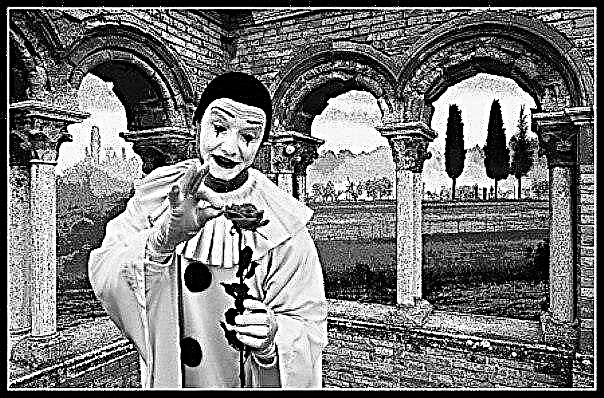
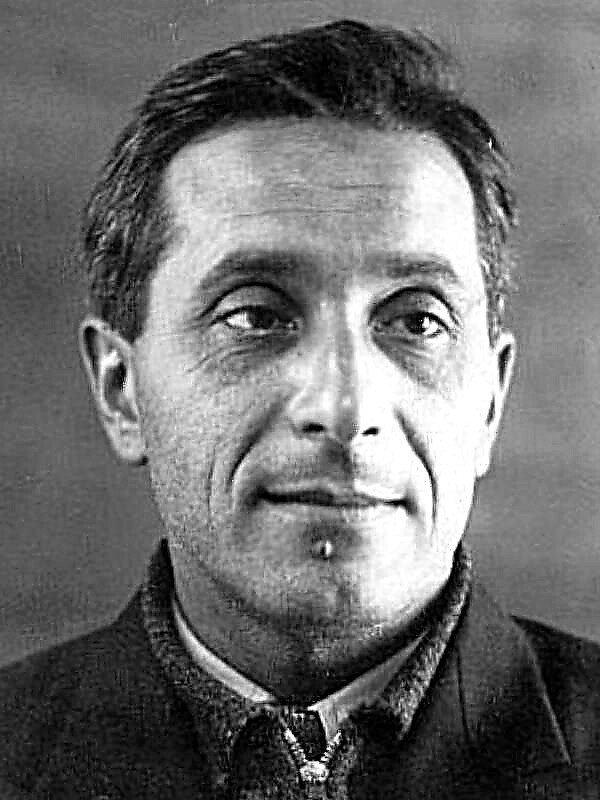
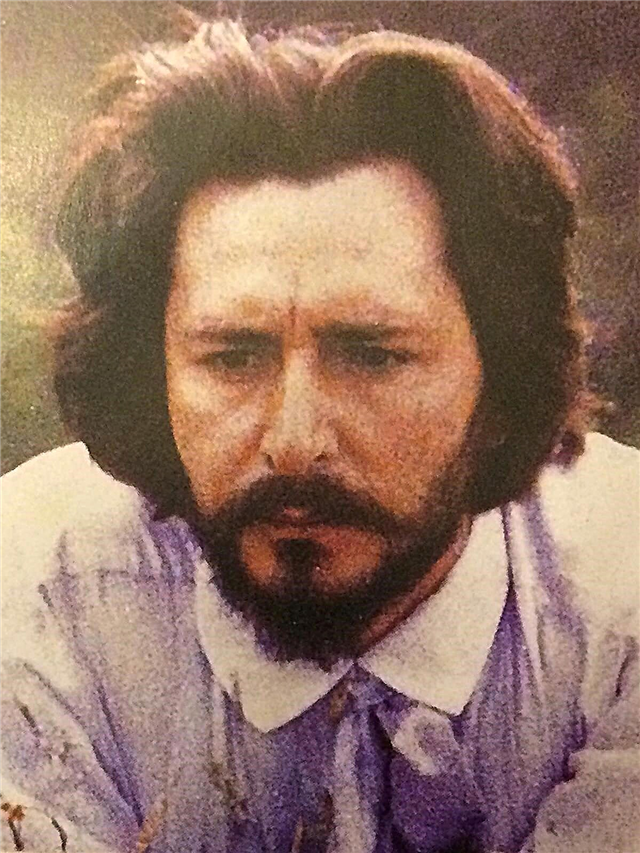
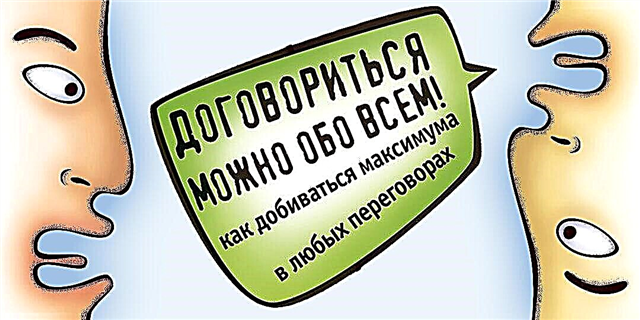 You can agree on everything.
You can agree on everything.